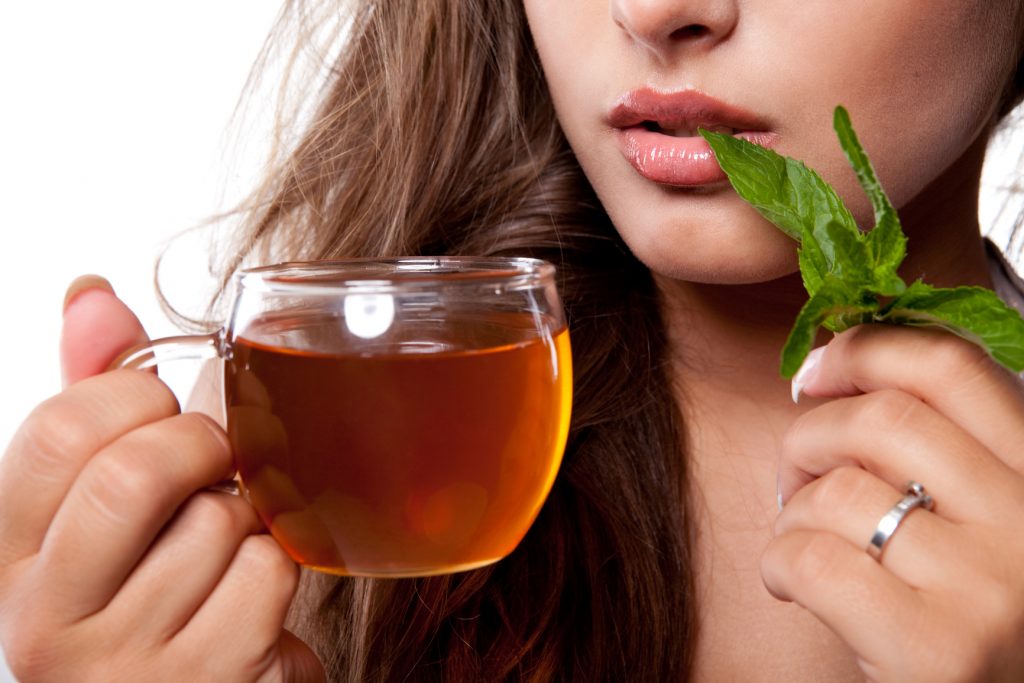
In Issue 13, we looked at some beauty supplements and nutricosmetics touted to give you glowing, more hydrated, blemish-free skin. Here, we ask doctors and beauty experts to give us their take on the many supplements out there, how to take them, and a promising new herbal remedy for acne.
So which oral supplements really work?
So are supplements the new miracle cure? Dr. Christopher Calapai, an osteopathic physician board certified in family medicine and anti-aging medicine, says take your supplements with a grain of salt (not literally). Though he believes in taking them, especially if your diet isn’t textbook perfect (“Research shows taking a well-balanced multivitamin throughout your lifespan helps fill in nutritional gaps in your diet,” he says) he adds that there are little to no studies to show that certain oral supplements — like ones with hyaluronic acid, collagen, or co-Q10 — actually help with anti-aging or skin health.
Here, we break down of some of the more popular supplements.
- Probiotic bacteria: Probiotics are amazing for your gut and provide absorption and digestion support, says Dr. Calapai. But make sure the probiotics are living, functioning cells, warns dermatologist Carl Thornfeldt. “Dead cells are pro-inflammatory.”
- Antioxidant supplements (like resveratrol or berry extracts): Antioxidant supplements are excellent for the body, according to Dr. Calapai. “They decrease free radical damage of the tissues and help to support heart health and your immune system.” In particular, “a high enough dose of resveratrol, which stimulates sirtuins for nocturnal nucleic acid repair, has been shown to improve aging tissues and prolong the life of cells,” says Dr. Thornfeldt.
- Vitamin E: A great antioxidant helping to support heart health, says Dr. Calapai.
- Biotin: Dr. Calapai believes biotin can be beneficial for hair health.
- Vitamin D: Vitamin D is supportive of the immune system, neurologic function, and bone stability, according to Dr. Calapai.
- Hyaluronic acid and collagen: Hyaluronic acid and collagen are supposedly beneficial for your joints, but unfortunately, there is no real study that proves this to be true, says Dr. Calapai. They’re metabolized in the digestive tract, so they’re very unlikely to provide anti-aging effects, says Dr. Thornfeldt. “Rather, glucosomine as a precursor to hyaluronic acid in the body has been studied and was reported to have anti-aging benefits.”
- Co-Q10: Although co-Q10 will support heart, brain, and mitochondria function and health, there is no proof that it will help with visual changes to your skin, says Dr. Calapai.

Supplements and tea for clearer skin?
A recent study presented at the American Academy of Dermatology found that by drinking two cups of organic spearmint tea a day can actually reduce acne lesions by 25% after one month and by 51% after three months. “It has been known for years that mint had a calming effect on inflamed skin and would also treat some skin infections,” says dermatologist Dr. Carl Thornfeldt. “It has now been documented that spearmint is the most potent of the different mints in killing skin disease causing bacteria and yeasts.”
The study is groundbreaking because the herbal therapy was compared to 100 mg of prescription minocycline taken once daily. After three months of use, minocycline reduced the number of acne lesions by 52% but induced side effects in about 20% of the patients, whereas spearmint tea induced no side effects. “This is one of the first studies proving that herbal medicine skin disease comparable to a mainline prescription therapy,” says Dr. Thornfeldt.
So how does spearmint tea work? “Adult acne is caused by abnormal, excessive inflammation that is induced in 68% of adult women by a yeast called malezzeza furfur yeast, along with excessive amounts of a certain bacteria in the skin,” says Dr. Thornfeldt. “Recent research suggests that the abnormal sebaceous gland function (what we see as the acne lesions) is a protective response to the inflammation and microbial insults. Therefore, the spearmint tea is effective due to its active ingredients, including flavonoids (anti-inflammatory), menthol (anti-inflammatory, antibacterial, anti-yeast, anti-fungal, and anti-viral), limonene (antibacterial, anti-yeast, anti-fungal, and anti-viral), and rosmarinic acids (antibacterial, anti-yeast, anti-fungal, and anti-viral). The spearmint tea works on all the processes involved in driving adult acne.”
In addition to spearmint tea, Dr. Thornfeldt recommends 500 mg of niacinamde twice a day to help fight acne, along with zinc picolinate three times a day and 2,000 IUs of vitamin D. He also recommends taking vitamin B6 every day of menstruation. “Vitamin B6 binds to the receptors that are activated by hormones that drive the menstrual cycle,” he says. “If one continues the vitamin B6 after 60 days, the human tissues add more receptors, and the existing receptors become saturated, thus Vitamin B6’s efficacy wanes.
Tips for taking supplements
- Clean up your diet. Start by removing high allergen, processed, difficult-to-digest foods to allow the body to rest and rebalance gut health. “Many chronic skin conditions are correlated with digestive health (i.e. leaky gut syndrome, food allergens, harmful bacteria overgrowth) that can depress skin immunity and offset normal skin function and structure,” says Paula Simpson, a biochemist and holistic beauty and nutrition expert who also co-founded ZSS Skincare Solutions.
- Be patient. “Cycles of skin cell renewal occur approximately every four weeks, though as we age or when skin is unhealthy, normal renewal cycles tend to become more sluggish and out of balance,” says Simpson. “When supplementing with a nutricosmetic, it is important to understand that the visible results will take longer than that of a topical treatment, but the results are also cumulative. If a product is formulated correctly, then improvements and results can be seen as early as two to four weeks. At three months, the results are generally fully achieved.”
- Consult with your doctor first. This is especially important if you have an illness or you’re on medication.
For more on nutricosmetics and beauty supplements, see our story Inside Out here.





